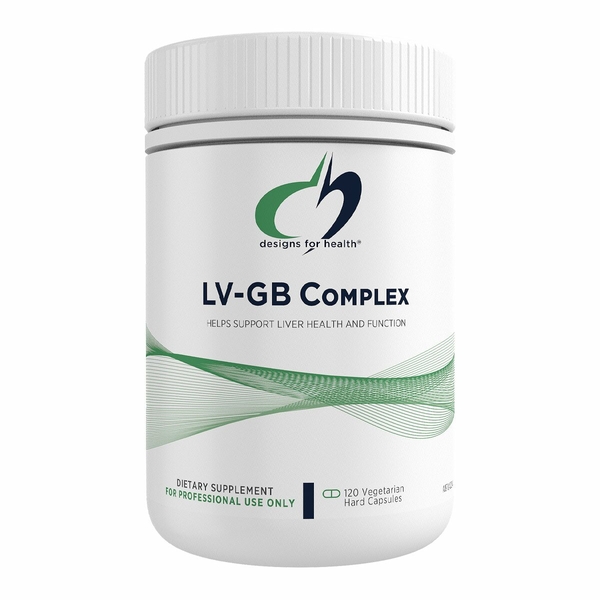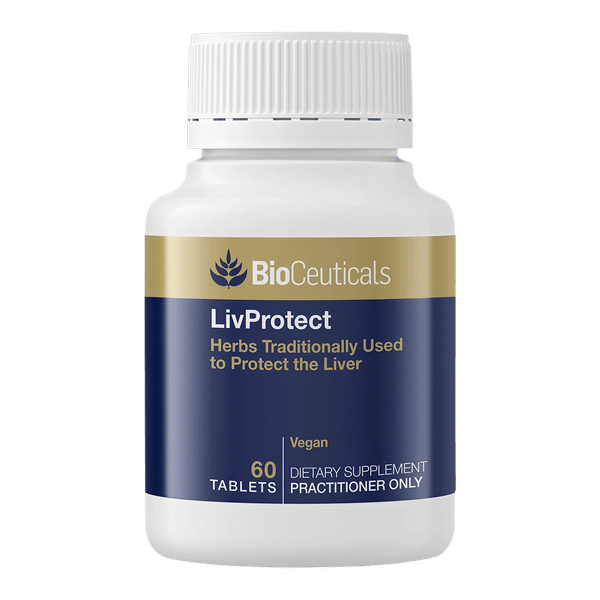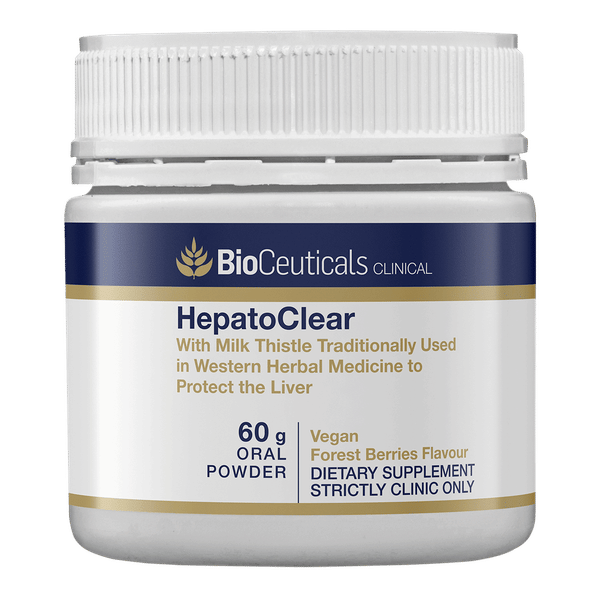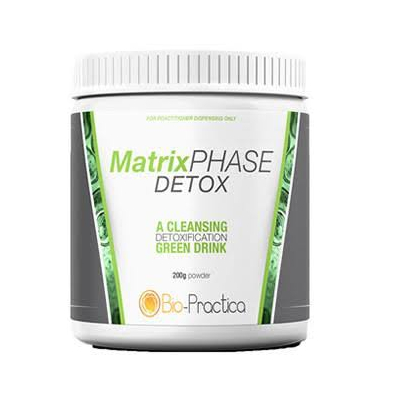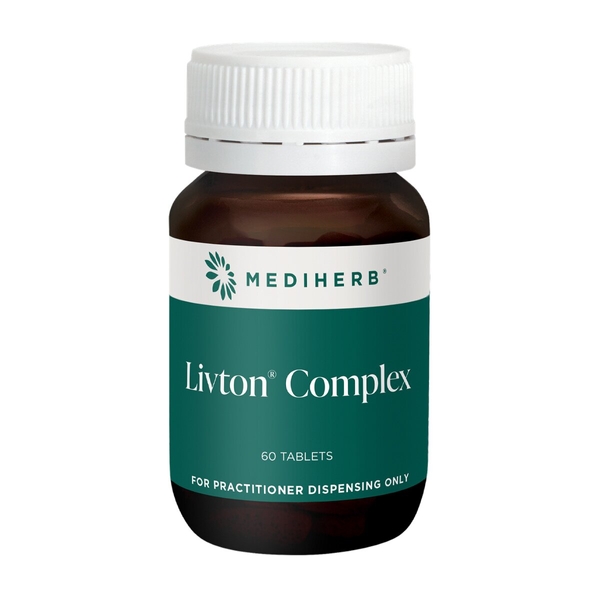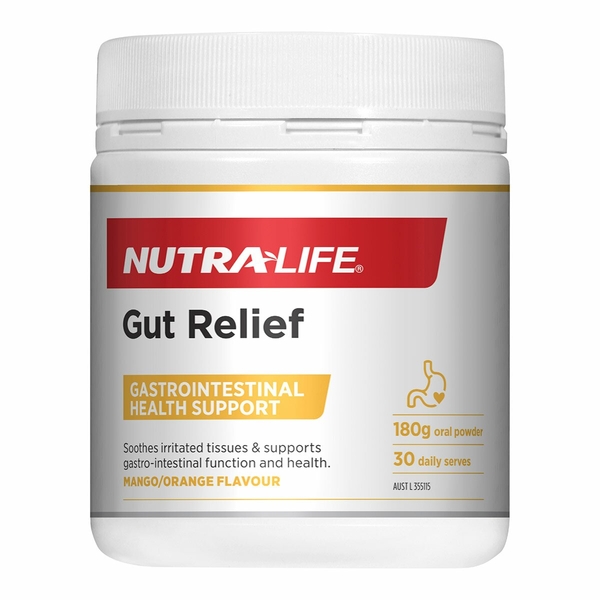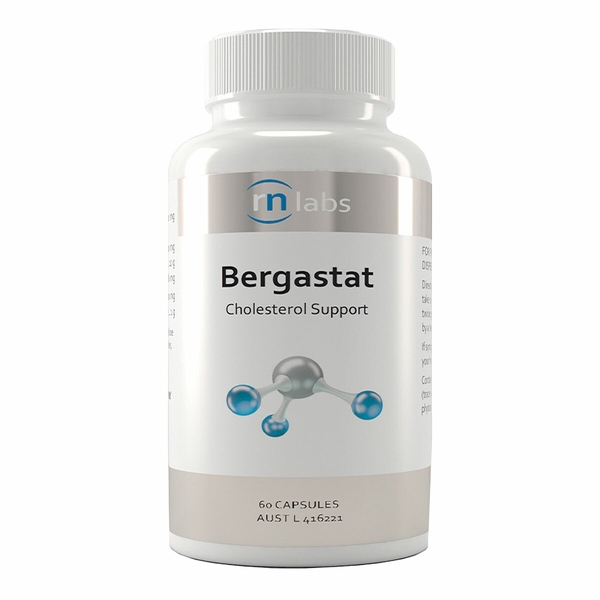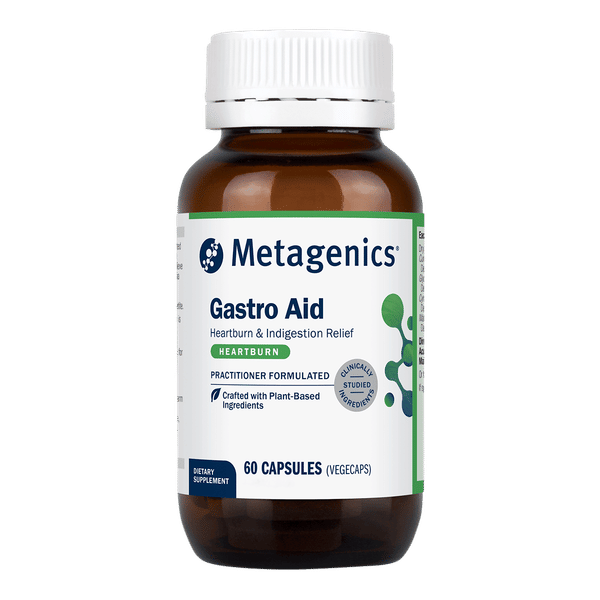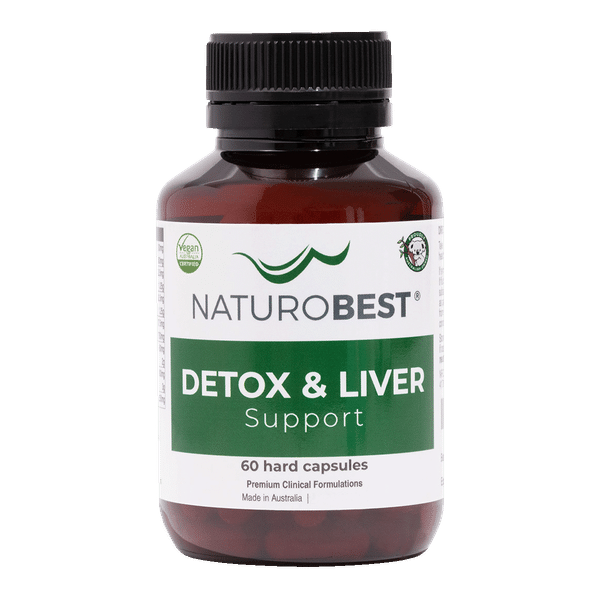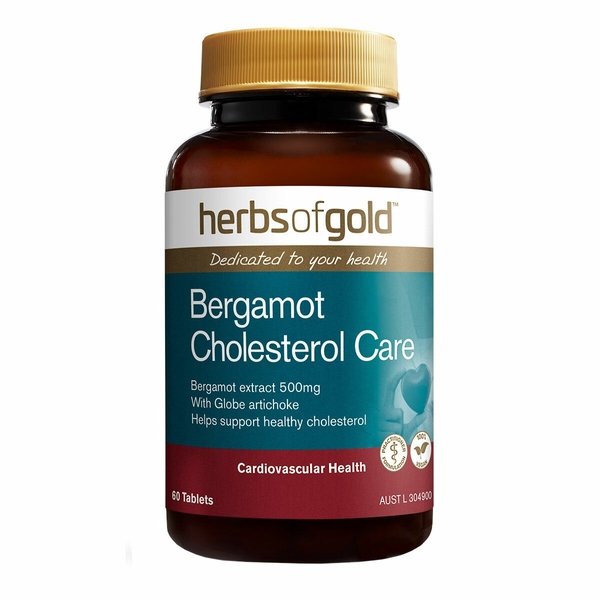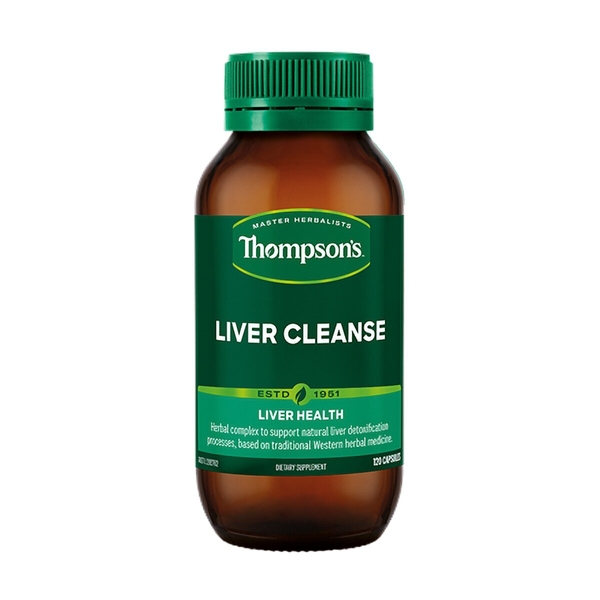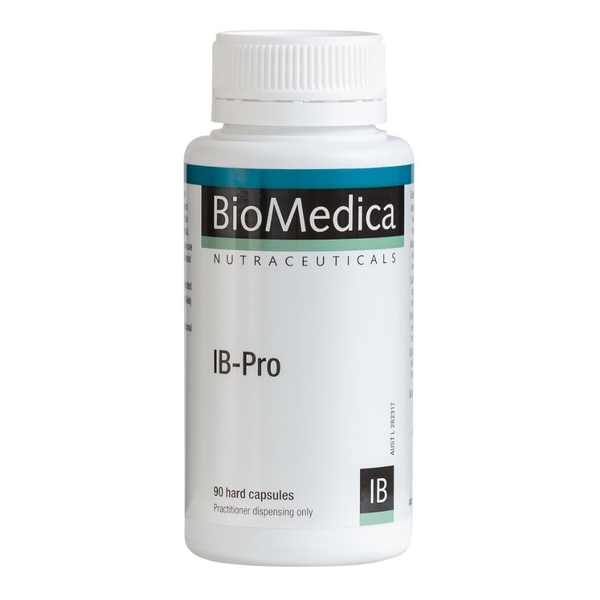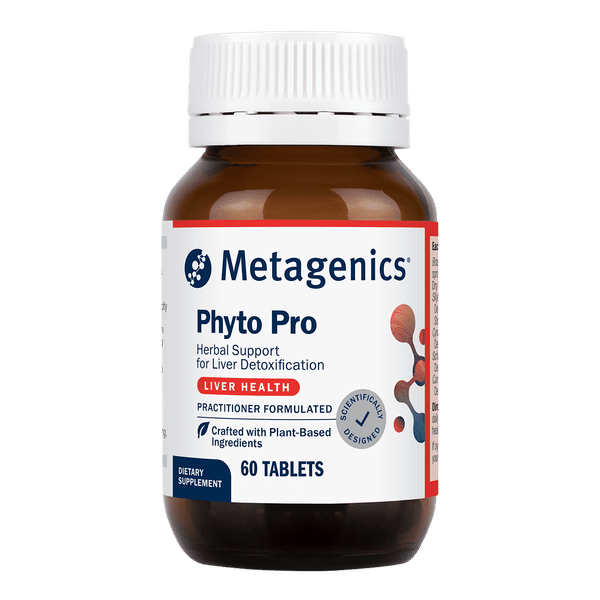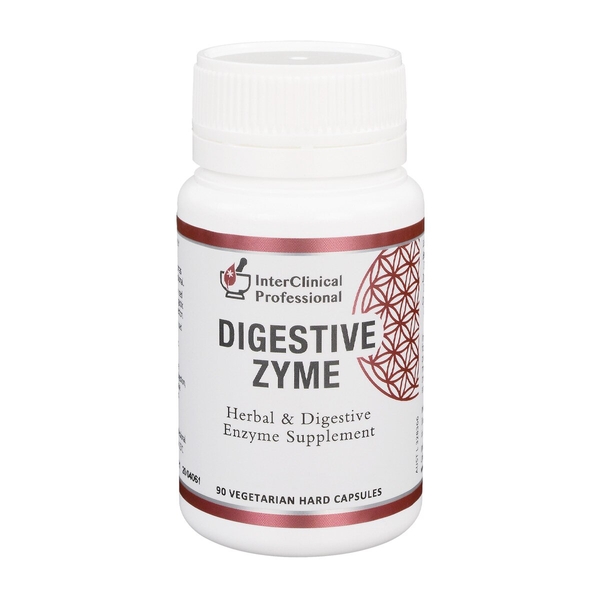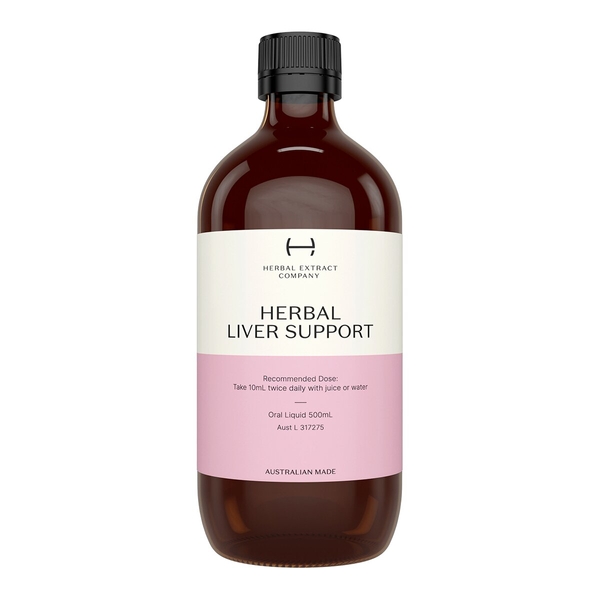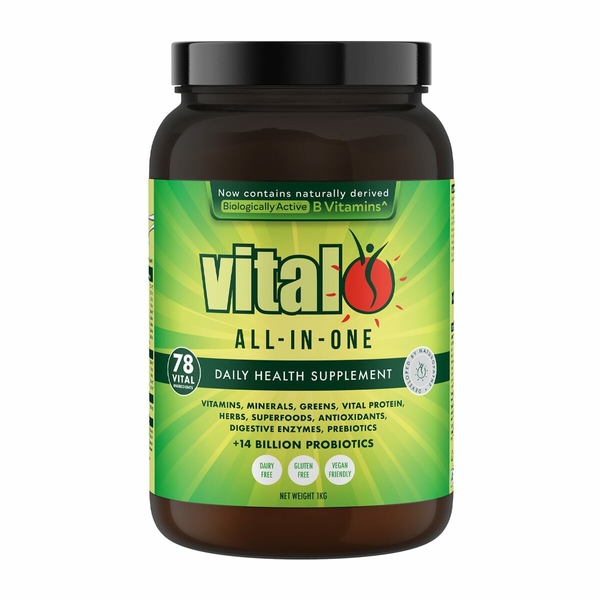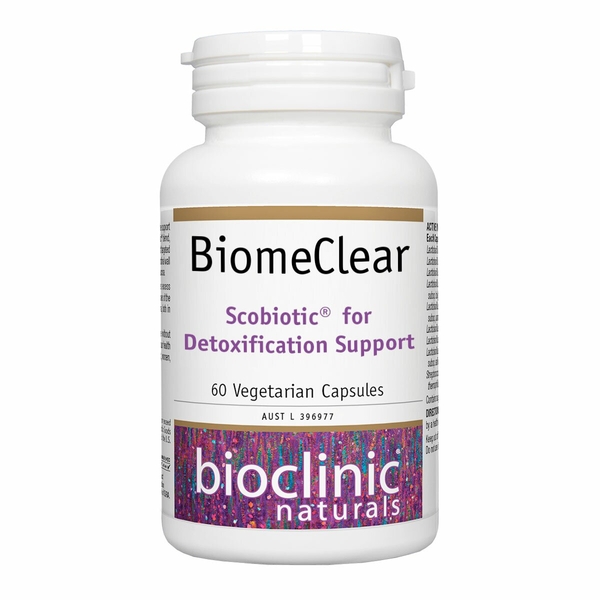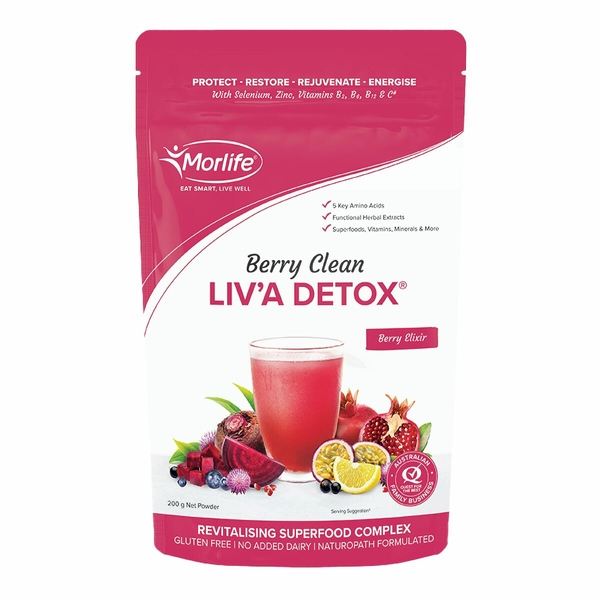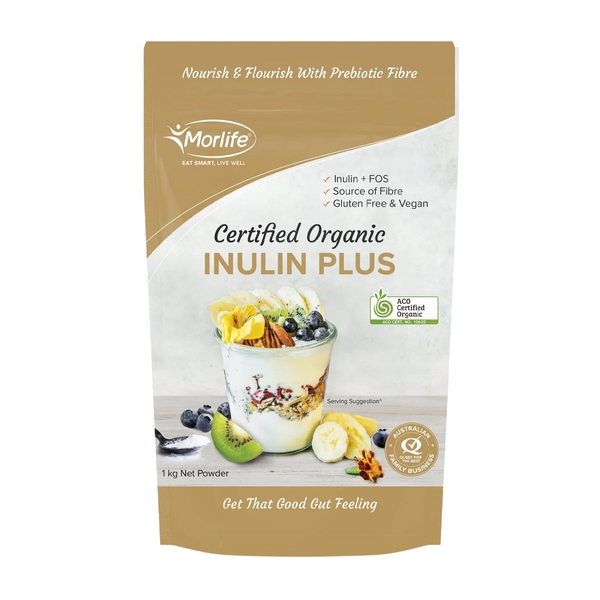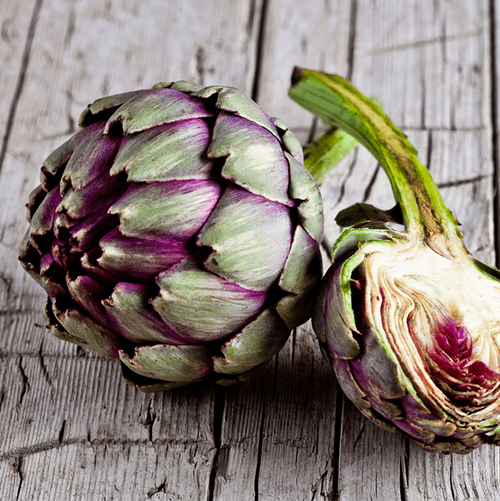
Background
Artichoke is also commonly consumed as a food. It contains chemicals that can reduce nausea and vomiting, spasms, and gas. These chemicals have also been shown to lower cholesterol and protect the liver.
People commonly use artichoke for indigestion and high levels of cholesterol or other fats in the blood. It is also used for high blood pressure, hepatitis C, irritable bowel syndrome (IBS), and many other conditions, but there is no good scientific evidence to support most of these uses.
Don't confuse artichoke with Jerusalem artichoke (Helianthus tuberosus).
Safety Safety definitions
Special Precautions & Warnings:
Pregnancy and breast-feeding: There isn't enough reliable information to know if artichoke is safe to use as a medicine when pregnant or breast-feeding. Stay on the safe side and stick to food amounts.Bile duct obstruction: Artichoke might worsen this condition. If you have this condition, don't use artichoke before talking with your healthcare provider.
Allergy to ragweed and related plants: Artichoke may cause an allergic reaction in people who are sensitive to the Asteraceae/Compositae family. Members of this family include ragweed, chrysanthemums, marigolds, daisies, and many others. If you have allergies, be sure to check with your healthcare provider before taking artichoke.
Gallstones: Artichoke might make gallstones worse by increasing bile flow.
Effectiveness
- Indigestion (dyspepsia). Taking artichoke extract by mouth can reduce symptoms of indigestion, including nausea, vomiting, gas, and stomach pain. It seems to take 2 to 8 weeks of treatment to see these benefits.
- High levels of cholesterol and other fats (lipids) in the blood (hyperlipidemia). Taking artichoke extract by mouth can slightly reduce total and low-density lipoprotein (LDL or "bad") cholesterol in people with high cholesterol. It seems to take 6 to 12 weeks of treatment to see these benefits.
Dosing & administration
Interactions with pharmaceuticals
Medications changed by the liver (Cytochrome P450 2B6 (CYP2B6) substrates)
Interaction Rating=Moderate Be cautious with this combination.
Some medications are changed and broken down by the liver. Artichoke might change how quickly the liver breaks down these medications. This could change the effects and side effects of these medications.
Medications changed by the liver (Cytochrome P450 2C19 (CYP2C19) substrates)
Interaction Rating=Moderate Be cautious with this combination.
Some medications are changed and broken down by the liver. Artichoke might change how quickly the liver breaks down these medications. This could change the effects and side effects of these medications.
Medications for diabetes (Antidiabetes drugs)
Interaction Rating=Moderate Be cautious with this combination.
Artichoke might lower blood sugar levels. Taking artichoke along with diabetes medications might cause blood sugar to drop too low. Monitor your blood sugar closely.
Medications for high blood pressure (Antihypertensive drugs)
Interaction Rating=Moderate Be cautious with this combination.
Artichoke might lower blood pressure. Taking artichoke along with medications that lower blood pressure might cause blood pressure to go too low. Monitor your blood pressure closely.
Interactions with herbs & supplements
Herbs and supplements that might lower blood sugar: Artichoke might lower blood sugar. Taking it with other supplements with similar effects might lower blood sugar too much. Examples of supplements with this effect include aloe, bitter melon, cassia cinnamon, chromium, and prickly pear cactus.
Interactions with foods
Products
View all products- Cynara scolymus (Globe artichoke) ext. 800 mg
- Arthrospira platensis (Spirulina) 643 mg
- Brassica oleracea var. italica powder 100 mg
- Silybum marianum ext. 500 mg
- Schisandra chinensis ext. 200 mg
- Hordeum vulgare 883 mg
- Chlorella pyrenoidosa powder 100 mg
- Rosmarinus officinalis ext. 50 mg
- Coriandrum sativum powder 50 mg
- Galium aparine ext. 160 mg
- L-glutamine 800 mg
- Trimethylglycine (TMG) 300 mg
- Methylsulfonylmethane (MSM) 100 mg
- Calcium D-glucarate 100 mg
- Taurine 60 mg
- L-cysteine 50 mg
- Ascorbic acid (Vitamin C) 80 mg
- Magnesium citrate 8 mg
- Zinc citrate 5 mg
- R-alpha lipoic acid 25 mg
- Apple pectin 320 mg
- Natural lemon lime flavour
- Xylitol
- Glycine
- Stevia rebaubiana
- Citric acid anhydrous
- Cynara scolymus (Globe artichoke) ext. equiv. dry 3 g
- Silybum marianum ext. equiv. dry 1.5 g
- Taraxacum officinale ext. equiv. dry 1.4 g
- Schisandra chinensis ext. equiv. dry 650 mg
- Bupleurum falcatum ext. equiv. dry 300 mg
- Rosmarinus officinalis ext. equiv. dry 150 mg
- Mentha x piperita oil
- Pimpinella anisum oil
- Glycerol
- Water
- Alcohol
- Cynara scolymus (Globe artichoke) powder 500 mg
- Arthrospira platensis (Spirulina) 1 g
- Chlorella pyrenoidosa powder 333 mg
- Wheatgrass powder 333 mg
- Inulin (Dietary fibre) 800 mg
- Lactobacillus acidophilus 5 billion CFU
- Bifidobacterium bifidum 3 billion CFU
- Bifidobacterium lactis 5 billion CFU
- Bifidobacterium longum 1 billion CFU
- Hordeum vulgare 200 mg
- Malus (Apple) 200 mg
- Brassica oleracea var. acephala (leaf & sprout) powder (Kale) 100 mg
- Ananas comosus (Pineapple) 240 mg
- Spinacia oleracea (Spinach) 67 mg
- Beta glucan 50 mg
- Resveratrol 10 mg
- Ananas comosus (Pineapple oil) 65 mg
- Linum usitatissimum (seed) (Flaxseed) 400 mg
- Oryza sativa (Rice bran) 500 mg
- Pea protein isolate 1 g
- R-alpha lipoic acid 67 mg
- Thiamine hydrochloride (Vitamin B1) 400 µg
- Niacinamide (Vitamin B3) 5.3 mg
- Pyridoxine hydrochloride (Vitamin B6) 567 µg
- Riboflavin (Vitamin B2) 434 µg
- Pantothenic acid (Vitamin B5) 1.7 mg
- Cyanocobalamin (Vitamin B12) 0.8 µg
- Ergocalciferol (Vitamin D) 3.8 µg
- Ascorbic acid (Vitamin C) 333 mg
- d-alpha-Tocopheryl acid succinate 100 mg
- Ubidecarenone (Coenzyme Q10) 8 mg
- Copper gluconate 225 µg
- Potassium phosphate dibasic 104 mg
- Folic acid 67 µg
- Biotin 10 µg
- Silica - colloidal anhydrous 14 mg
- Magnesium citrate 42 mg
- Zinc amino acid chelate 10 mg
- Chromium picolinate 10 µg
- Calcium citrate 132 mg
- Manganese amino acid chelate 1.4 mg
- Selenomethionine 30 µg
- Beta-carotene carotenoids (Vitamin A) 1.7 mg
- Citrus bioflavonoids extract 500 mg
- Citric acid anhydrous 150 mg
- Rosmarinus officinalis powder 68 mg
- Taraxacum officinale ext. 33 mg
- Vaccinium myrtillus powder 200 mg
- Glycyrrhiza glabra powder 67 mg
- Crataegus monogyna ext. 29 mg
- Astragalus membranaceus ext. 67 mg
- Vitis vinifera ext. 67 mg
- Camellia sinensis ext. 67 mg
- Ganoderma lucidum powder 21 mg
- Lentinula edodes powder 21 mg
- Aloe barbadensis ext. 500 mg
- Zingiber officinale powder 67 mg
- Eleutherococcus senticosus ext. 1 g
- Centella asiatica ext. 67 mg
- Withania somnifera ext. 67 mg
- Silybum marianum ext. 67 mg
- Arctium lappa ext. 21 mg
- Rosa canina powder 168 mg
- Lycium barbarum 33 mg
- Beta vulgaris (root) powder (Beetroot) 167 mg
- Daucus carota powder (Carrot) 83 mg
- Carica papaya (Papain) 250 mg
- Lecithin 725 mg
- Laminaria digitara (Kelp) 8 mg
- Natural vanilla flavour
- Natural pineapple flavour
- Thaumatin
- Stevia rebaubiana
- Luo Han Guo (fruit) ext. (Monk fruit)
- Xanthan gum
- Brassica oleracea var. italica powder 150 mg
- Malpighia glabra ext. 267 mg
- Theobroma cacao powder 100 mg
- Cynara scolymus (Globe artichoke) powder 50 mg
- Lactobacillus plantarum (LP14) 1 billion CFU
- Grifola frondosa ext. 25 mg
- Silybum marianum ext. 87.5 mg
- Yeast 25 mg equiv. selenium 50 µg
- Lutein 2.5 mg
- Lactobacillus acidophilus (LA01) 1 billion CFU
- Arthrospira platensis (Spirulina) 125 mg
- Bifidobacterium breve 0.5 billion CFU
- Lactobacillus casei 0.5 billion CFU
- Lactobacillus fermentum 0.5 billion CFU
- Lactobacillus reuteri 0.5 billion CFU
- Lactobacillus plantarum 0.25 billion CFU
- Tremella fuciformis ext. 12.5 mg
- Polyporus umbellatus ext. 25 mg
- Dunaliella salina 50 mg
- Chlorella vulgaris 25 mg
- Lactobacillus rhamnosus 2.5 billion CFU
- Cynara scolymus (Globe artichoke) powder 2.5 mg
- Calcium ascorbate dihydrate (Vitamin C) 11.08 mg equiv. ascorbic acid 10 mg equiv. calcium 1.2 mg
- Magnesium ascorbate (Vitamin C) 10.83 mg equiv. ascorbic acid 7.74 mg equiv. magnesium 1.083 mg
- Phyllanthus emblica ext. 9.52 mg
- Cholecalciferol 12.5 μg equiv. vitamin D3 500 IU
- d-alpha-Tocopheryl acid succinate 5 mg
- Levomefolate glucosamine (Activated folate) 345.54 μg equiv. levomefolic acid 200 μg
- Co-methylcobalamin (Vitamin B12) 100 μg
- Zinc citrate dihydrate 15.65 mg equiv. zinc 5 mg
- Beta-carotene carotenoids (Vitamin A) 2 mg
- Menaquinone 7 (Vitamin K2) 20 μg
- Thiamine hydrochloride (Vitamin B1) 1.59 mg equiv. thiamine 1.25 mg
- Riboflavin 5-phosphate sodium (Activated B2) 850 μg equiv. riboflavin 625 μg
- Nicotinamide (Vitamin B3) 6.25 mg
- Calcium pantothenate (Vitamin B5) 2.73 mg equiv. pantothenic acid 2.5 mg
- Pyridoxal 5-phosphate monohydrate (P5P) 1.01 mg equiv. pyridoxine 625 μg
- Calcified lithothamnion (Red algae) 154.55 mg equiv. calcium 48.8 mg equiv. magnesium 3.58 mg
- Ferric pyrophosphate 40.03 mg equiv. iron 12 mg
- Chromium picolinate 201.13 μg equiv. chromium 25 μg
- Cupric sulfate 982.3 μg equiv. copper 250 μg
- Ascophyllum nodosum 18.75 mg
- Manganese gluconate 5.48 mg equiv. manganese 625 μg
- Selenomethionine 62.09 μg equiv. selenium 25 μg
- Borax 1.5 mg equiv. boron 175 μg
- Lutein 250 μg
- Lycopene 250 μg
- Choline bitartrate 15.19 mg equiv. choline 6.25 mg
- Inositol 12.5 mg
- Vaccinium macrocarpon powder 5 mg
- Camellia sinensis ext. 2.5 mg
- Schizandra chinensis ext. 2.5 mg
- Euterpe oleracea (berry) ext. (Acai) 2.5 mg
- Chlorella vulgaris powder 2.5 mg
- Echinacea purpurea powder 2.5 mg
- Allium sativum ext. 2.5 mg
- Brassica oleracea var. acephala (leaf) powder (Kale) 2.5 mg
- Punica granatum ext. 2.5 mg
- Lycopersicon esculentum powder 2.5 mg
- Hordeum vulgare (leaf) powder (Barley) 2.5 mg
- Vitis vinifera ext. 21.5 mg
- Citrus sinensis ext. 2.5 mg
- Magnesium aspartate 151.69 mg equiv. magnesium 30.34 mg
- Magnesium citrate 92.59 mg equiv. magnesium 15 mg
- Vitis vinifera ext. 2 mg
- Vaccinium macrocarpon powder 250 μg
- Vaccinium myrtillus powder 250 μg
- Fragaria ananassa (Strawberry) 250 μg
- Rubus idaeus powder 250 μg
- Punica granatum powder 250 μg
- Arthrospira platensis (Spirulina) 2.5 mg
- Cynara scolymus (Globe artichoke)
- Schisandra chinensis
- Berberis vulgaris
- Silybum marianum
- Passionfruit
- Citrus limon (Lemon)
- Piper nigrum
- Zingiber officinale
- Camellia sinensis
- Beta vulgaris
- Ribes nigrum
- L-glutamine
- L-glycine
- L-methionine
- Zinc gluconate
- Taurine
- Choline bitartrate
- Pyridoxine hydrochloride (Vitamin B6)
- Folic acid
- Selenomethionine
- Cyanocobalamin (Vitamin B12)
- Apple pectin
- Riboflavin (Vitamin B2)
- Natural flavours
- Rosmarinus officinalis
- Echinacea angustifolia
- Malpighia glabra
- Curcuma longa
- L-cysteine
- Oryza sativa (Rice hulls)
- Silicon dioxide
- Punica granatum
- Vaccinium corymbosum (fruit) powder

